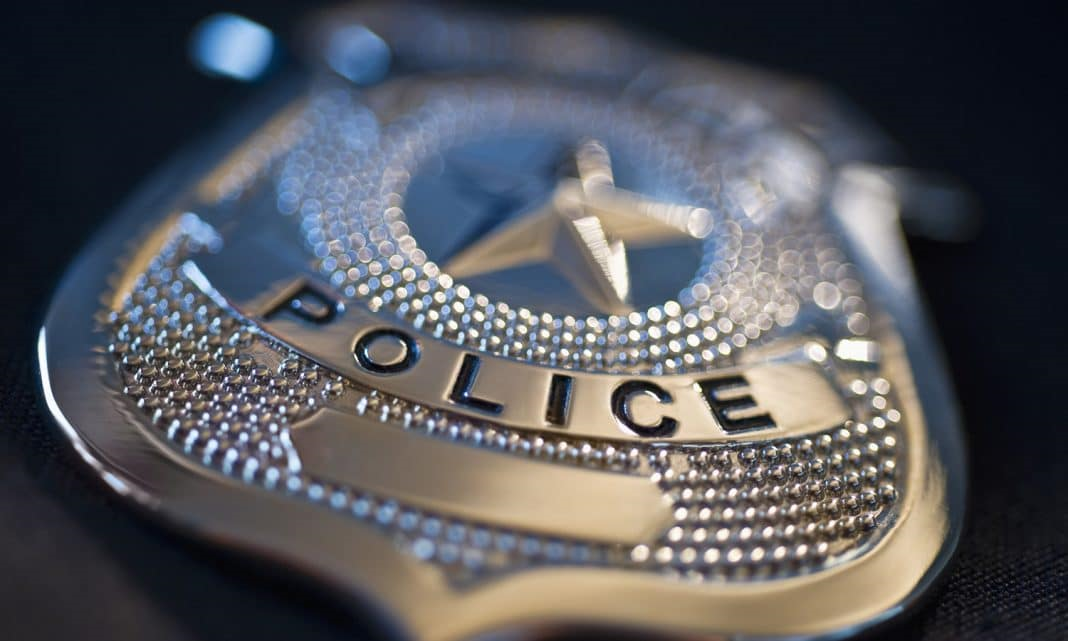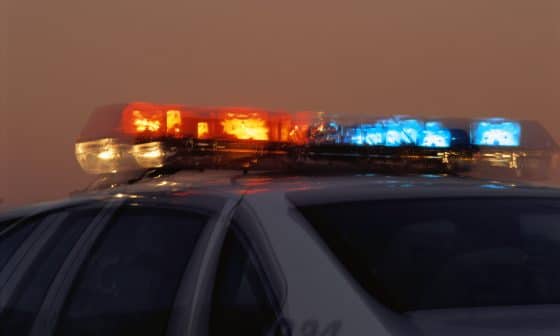You are here
Home 🌿 Recreational Marijuana News 🌿 Can Police Search Cars For Marijuana Based On Odor Alone? 🌿Can Police Search Cars For Marijuana Based On Odor Alone?

In Canada, odors in vehicles while driving will count as “reasonable suspicion” for police to request an oral fluid sample at roadside. But what about the U.S.?
Legal cannabis is still a relatively new industry in North America. Complete legalization of cannabis took place in Canada in October 2019. The laws in Canada and the U.S. with relation to legal cannabis continue to differ for the main reason that the U.S. has not yet federally legalized cannabis (it is only fully legal medically and for adult use in 11 states), although over three-quarters of the American public report being in favor of complete legalization.
In Canada, the annual cannabis illicit and licit market constitutes about $7.6 billion annually, according to Vividata’s National Cannabis Study 2019. While Canada’s black market is still popular among 2.4 million Canadians who buy from unlicensed sources — primarily for reasons like lower price point, trusted relationships, convenience and confusion around what’s legal — it is worth noting that 53% of current cannabis users obtained cannabis from legal sources versus the 38% who obtained it from the black market.

“Driving while high” remains a concern for advocates of the responsible consumption of cannabis in Canada. Organizations like Responsible Cannabis Use are doing their part to spread knowledge and information around the federal and provincial rules around possession and consumption with respect to driver safety, police-user interactions and other road-testing information.
While the social acceptability of cannabis consumption in Canada (46%) is higher than tobacco (39%), it still lags behind drinking alcohol (82%), according to Vividata. However, the less social nature of cannabis consumption when compared to alcohol — owing to a mix of recent legalization, persisting levels of stigma, public legal consumption factors, and COVID-19 — make it a better time to consume cannabis than alcohol.
In Canada, odors in vehicles while driving will count as “reasonable suspicion” for the police officer to request the driver to provide an oral fluid sample at roadside using Approved Drug Screening Equipment (ADSE) or a Standardized Field Sobriety Testing (SFST). As of December 2018, police no longer need reasonable suspicion to request a breathalyzer to detect alcohol or for that matter cannabis. In the U.S., unlike in Canada, the police cannot search cars for marijuana based on odors alone in states where the possession and use of marijuana is legal.
420 Intel is Your Source for Marijuana News
420 Intel Canada is your leading news source for the Canadian cannabis industry. Get the latest updates on Canadian cannabis stocks and developments on how Canada continues to be a major player in the worldwide recreational and medical cannabis industry.
420 Intel Canada is the Canadian Industry news outlet that will keep you updated on how these Canadian developments in recreational and medical marijuana will impact the country and the world. Our commitment is to bring you the most important cannabis news stories from across Canada every day of the week.
Marijuana industry news is a constant endeavor with new developments each day. For marijuana news across the True North, 420 Intel Canada promises to bring you quality, Canadian, cannabis industry news.
You can get 420 Intel news delivered directly to your inbox by signing up for our daily marijuana news, ensuring you’re always kept up to date on the ever-changing cannabis industry. To stay even better informed about marijuana legalization news follow us on Twitter, Facebook and LinkedIn.




